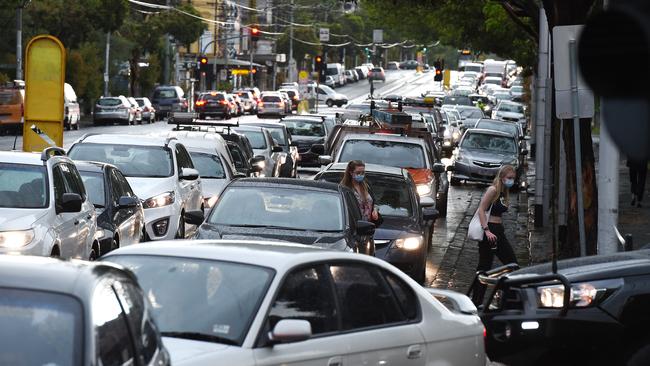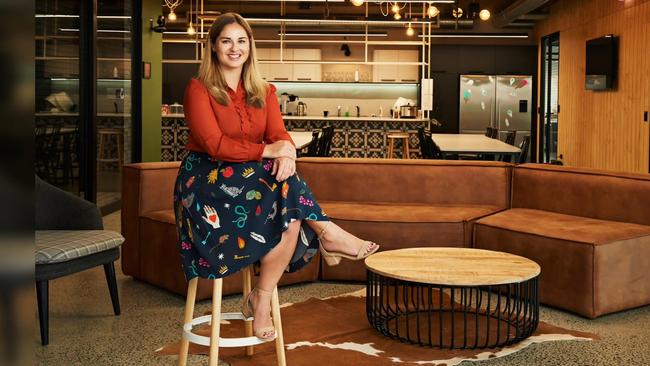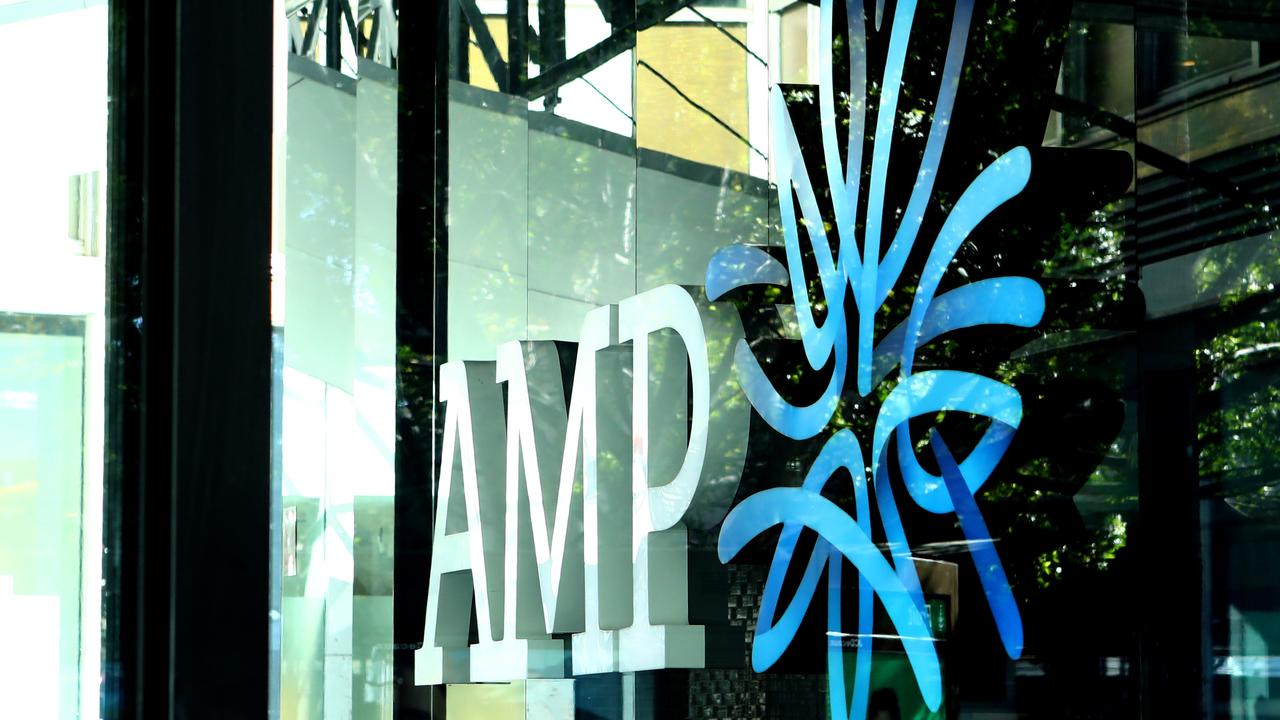Uber urges Aussies to give up second car to fight climate change
Ride-share giant Uber says transitioning to EVs is not enough to slash automotive emissions and congestion as it urges Australians to consider giving up their second car.

Uber is urging Australians to give up their second car to help combat climate change and make capital cities more liveable.
The $US156bn ride-share giant also says it will help ease the cost of living crunch, with cars costing households about $364 a week on average – or $19,000 a year – citing Australian Automotive Association data.
This means newer cars need to travel at least 5000 kilometres a year, otherwise people are paying too much to travel per trip. Giving up a car will also make Australians fitter, with Uber reporting walking and cycling among the most popular alternatives.
Emma Foley, managing director of Uber Australia and New Zealand, said electrifying Australia’s car fleet would not be enough to meet emissions targets, and it would do nothing to ease congestion. She said congestion and delays costs Australians about $17bn a year, with the average Sydneysider stuck in traffic for 2.7 full days a week – leading to higher emissions.
The congestion cost is expected to almost double to $30bn by the end of the decade.
“We know there’s still a lot of work that has to happen – across industries and across the public and private sectors – to achieve Australia’s net-zero ambitions,” Ms Foley said during Uber’s Go-Get Zero event in London this week.
“And while the transition to EVs is essential, we believe that if all we do is electrify every car on Australian roads in the coming decades, we’ll have missed a key piece of the puzzle. An emissions-free future depends on a fundamental rethinking of how people move through our cities, and especially in Australia, that means not defaulting to the private car for every trip.”

On average, a private vehicle trip will produce carbon emissions that are at least 8.4 times greater than if the same trip were on a bus or train. According to the Climate Council, private cars account for about half the nation’s total transport emissions.
Australian car ownership has exploded, with the number of registrations outpacing population growth. In the 20 years to 2021, passenger vehicle registrations surged 51 per cent, while the population grew 37 per cent, according to Bureau of Statistics data.
But the distance travelled by each car has fallen about 25 per cent during the same time.
Uber estimates that about 2.5 million cars are in the “under-utilised category”, with 2.1 million located in urban areas. The company’s analysis shows that under-utilised cars are often in two-person, two-car households, particularly in metropolitan Melbourne, Sydney and Adelaide.
But Uber concedes that giving up a second car will involve a significant shift to the nation’s psyche, with car owners becoming a rite of passage and sign of post-war affluence.
Indeed, Ipsos research revealed most people aren’t likely to make environmentally friendly changes that would have the most impact on cutting carbon emissions – with 15 per cent of Australians surveyed believing that giving up their car would help combat climate change.
Uber says Australian cities grew and prospered in during the 1950s, when car ownership became more affordable and manufacturing jobs were located in the outer suburbs. This means that “Australia’s cities grew out, not up, and our dependence on the private car was cemented”.
To gauge the realities of giving up a car, Uber will complete a study starting in November, which will involve 2400 people in Sydney. Participants will give up their cars for weeks to help understand the “barriers and opportunities to car-light living”.
It follows Uber completing a smaller trial last year, which involved 58 Australians giving up their cars for a month.
In that study, participants used four transport modes per week on average. Walking was the biggest replacement for personal car use, increasing 75 per cent, while the largest proportional gains were cycling and ride-share increasing 4–5 times. Train and bus trips increased 156 and 86 per cent respectively, and carshare use tripled.
“In Australia, we know that for many people owning a private car (or two) is not economically rational, however ownership rates have continued to grow. We need to understand why this is and address the behaviour and attitudes towards car ownership to learn what we can do to reverse it,” Ms Foley said.
The author travelled to London as a guest of Uber.



